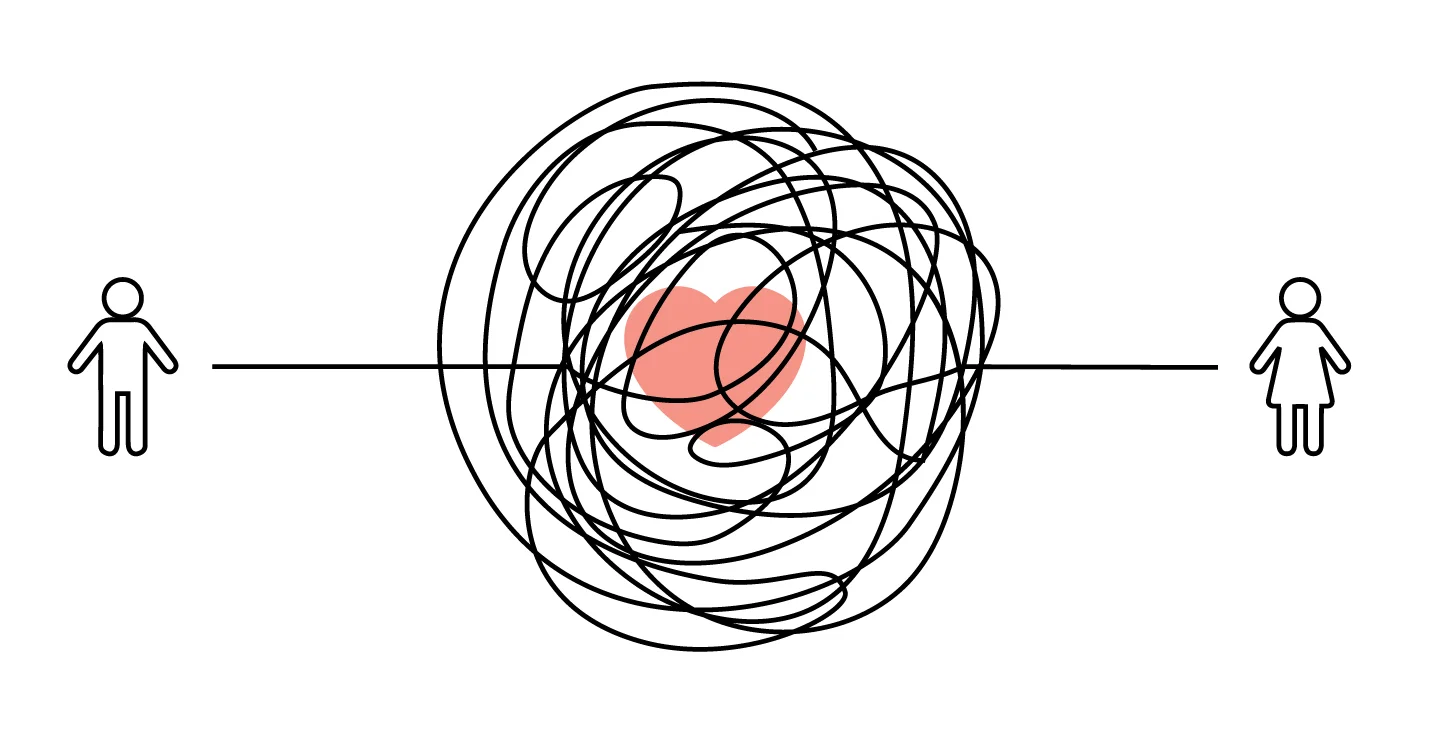Dealing with Divorce? Your best tool is free, and it will change everything

There’s a reason you hear the phrase, trauma of divorce. Not only does divorce change the structure of your family, it can also alter your financial and social status, impact your self-esteem and sometimes highlight your greatest vulnerabilities and insecurities. It’s easy to get sucked into a negative cycle of blaming (ourselves and others), catastrophizing about the future or just wallowing in sadness. And to be clear, it is necessary and healthy to grieve and experience the emotions of divorce. But with the stakes so high, a thoughtful, intentional approach to your divorce is essential, and there’s one tool you have that you can’t overlook.
Does the following sound familiar? You and your ex have agreed on a time to pick-up the kids but he’s late, again. You fire off a text that starts with where the f— are you? You might even say to one of your kids, “You tell your dad when he gets here…” Or, a friend calls to check in and you can tell there’s more. “My wife saw your ex last night and she was saying some pretty nasty things about you.” The scenarios are endless but they all share this: harmful communication. It may not feel like it at the time, but regardless of the situation, you are in possession of one critical and defining thing: and that is the choice you make about how you communicate. I can hear you pushing back, “But he said…” “But she did…” And you’re probably right! Your ex may have intentionally started a fight, said something hurtful, or provoked you into a heated exchange. But none of the things he or she did change the fact that how you respond – to any and every situation – is the single most powerful tool you have in your divorce.
When you decide to put yourself in charge of when, how and what you communicate, you take back your power, create healthy boundaries, and set the tone for the divorce process.
- What if… you asked yourself who you are at your best, and decided to show up as that person in every interaction?
- What if… you asked yourself if every decision you are making is based in love?
- What if… you came up with a list of responses to rely on in challenging situations? Such as, “I disagree with that characterization,” or “That’s not what I recall.”
- What if… your ex texted and you simply didn’t respond?
- What if… your ex called and you let it go to voicemail so you could breathe and compose an appropriate response?
- What if… you waited to respond to every interaction until you were sure you could respond with intention and civility?
- What if… you wrote down the angry words you wanted to use in a journal, but never sent them?
- What if… you used the coaching mantra: Concise, Informative, Civil in every response – sharing only the information needed in a way that was appropriate and non-controversial?
- What if… you came up with a divorce mission statement to get clarity around how you want to show up during this trying time, and used it as a sounding board throughout your process?
Surprising as it may sound, I know that much of the amazing “Phase 2” I am currently living is because I chose the high road during my divorce. It wasn’t easy and I wasn’t perfect. I was coping with the shocking end of a 20-year marriage. But the choices I made about how I communicated – to my ex, our children, friends and family set the tone for what was ultimately a fair divorce, healthy co-parenting, and most importantly, strong and secure relationships with my children. I’ll never know if he would have taken the high road if I went low. But consciously choosing not to do those things paid off then, in the form of productive co-parenting and decision-making, the ability to maintain relationships with mutual friends and his family, a fair settlement, and most notably, in how I felt about myself and my choices. And, it continues to benefit our relationship today. The hard decision to take the high road at the beginning of the process strengthened my resolve. And as I saw small successes, some of my damaged confidence was restored.
If this seems impossible, start with one small act. When (not if) you make a mistake and say something you wish you hadn’t, own it. Then do something different the next time, and the time after that. It is no exaggeration to say your life will change when choose to communicate with strength, love and intention.
